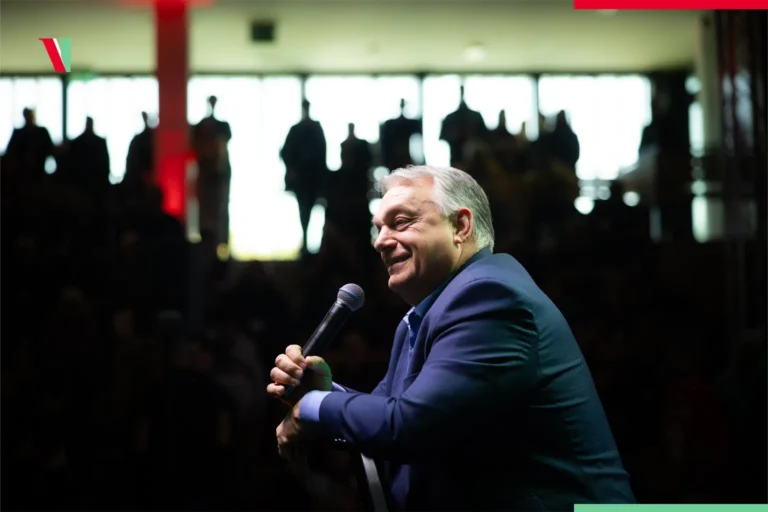Fidesz
Leaked recording: PM Orbán on the secret weapon he plans to use to win the 2026 elections

Weird? Fidesz politician not sure whether the biggest opposition force Tisza Party exists

Hungarian politicians caught up in Szőlő Street paedophile scandal: here’s what to know so far

Opposition party accuses Orbán’s Fidesz of operating ‘paedophile ring’

Threat? PM Orbán: “We’ll win the next election no matter what the opposition does”

Fidesz rejects allegations of sexual abuse cover-up at youth institution

Orbán cabinet issued reaction on opposition’s child abuse claims

Extensive secret poll indicates PM Orbán may win in 2026 again: is Péter Magyar in trouble?

Hungarian govt announces pension bonus, faces tax battle with Brussels and gun scandal

4 million leaflets to be distributed about alleged tax increase plans in Hungary

Péter Magyar promises a functioning country, Fidesz accuses him of serving Brussels

New poll: Magyar’s Tisza Party holds 10-point lead over Orbán’s Fidesz

Will Péter Magyar’s Tisza increase the PIT in Hungary?

Leaving the sinking ship? Monty Python’s John Cleese reacts to Orbán’s daughter and son-in-law’s US move

Hungarian opposition Momentum party elects new chairman

Hungary’s bold plan: From small nation to Europe’s keystone state?

Fidesz: We won the summer, we will win the election

Fidesz politicians believe they were right about Germany’s migration policy





 ZH
ZH IT
IT DE
DE HR
HR NL
NL FR
FR JA
JA RO
RO RU
RU ES
ES TR
TR
